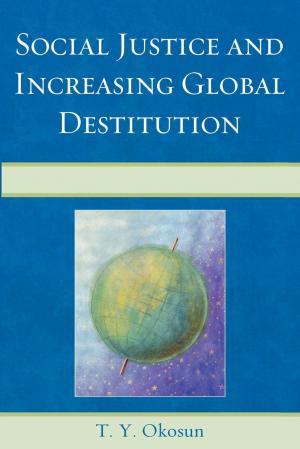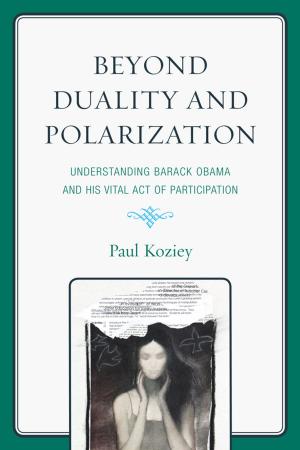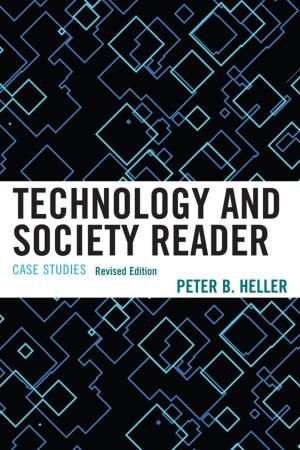A Mission under Duress
The Nanjing Massacre and Post-Massacre Social Conditions Documented by American Diplomats
Nonfiction, History, World History, Social & Cultural Studies, Political Science| Author: | ISBN: | 9780761851516 | |
| Publisher: | UPA | Publication: | July 10, 2012 |
| Imprint: | UPA | Language: | English |
| Author: | |
| ISBN: | 9780761851516 |
| Publisher: | UPA |
| Publication: | July 10, 2012 |
| Imprint: | UPA |
| Language: | English |
Immediately after capturing the Chinese capital, Nanjing, on December 13, 1937, Japanese soldiers committed atrocities such as mass executions, rampant rapes, arson, and looting in and around the city. The carnage went on for weeks. On January 6, 1938, after the worst of the massacre atrocities was over, three American diplomats arrived in Nanjing. Upon their arrival, Third Secretary John Moore Allison, Vice Consul James Espy, and Code Clerk Archibald Alexander McFardyen, Jr. cabled dispatches about the atrocities and other conditions in the city to the Department of State and other U.S. diplomatic posts in China. Often, they dispatched several reports within a day. These atrocity reports, which were largely based on interviews with American missionaries and their own investigations, gave detailed descriptions of Japanese atrocities, property damage, social conditions, relief efforts, diplomatic wrestling, and many other aspects of life in the city during and after the massacre period. The value of these diplomatic dispatches and reports, which were retrieved from the national archives, rests on that they extensively document the American diplomats' role, their observations and attitude toward the situation there, their efforts to help the Chinese and protect the Americans, and their struggles with the Japanese.
Immediately after capturing the Chinese capital, Nanjing, on December 13, 1937, Japanese soldiers committed atrocities such as mass executions, rampant rapes, arson, and looting in and around the city. The carnage went on for weeks. On January 6, 1938, after the worst of the massacre atrocities was over, three American diplomats arrived in Nanjing. Upon their arrival, Third Secretary John Moore Allison, Vice Consul James Espy, and Code Clerk Archibald Alexander McFardyen, Jr. cabled dispatches about the atrocities and other conditions in the city to the Department of State and other U.S. diplomatic posts in China. Often, they dispatched several reports within a day. These atrocity reports, which were largely based on interviews with American missionaries and their own investigations, gave detailed descriptions of Japanese atrocities, property damage, social conditions, relief efforts, diplomatic wrestling, and many other aspects of life in the city during and after the massacre period. The value of these diplomatic dispatches and reports, which were retrieved from the national archives, rests on that they extensively document the American diplomats' role, their observations and attitude toward the situation there, their efforts to help the Chinese and protect the Americans, and their struggles with the Japanese.















